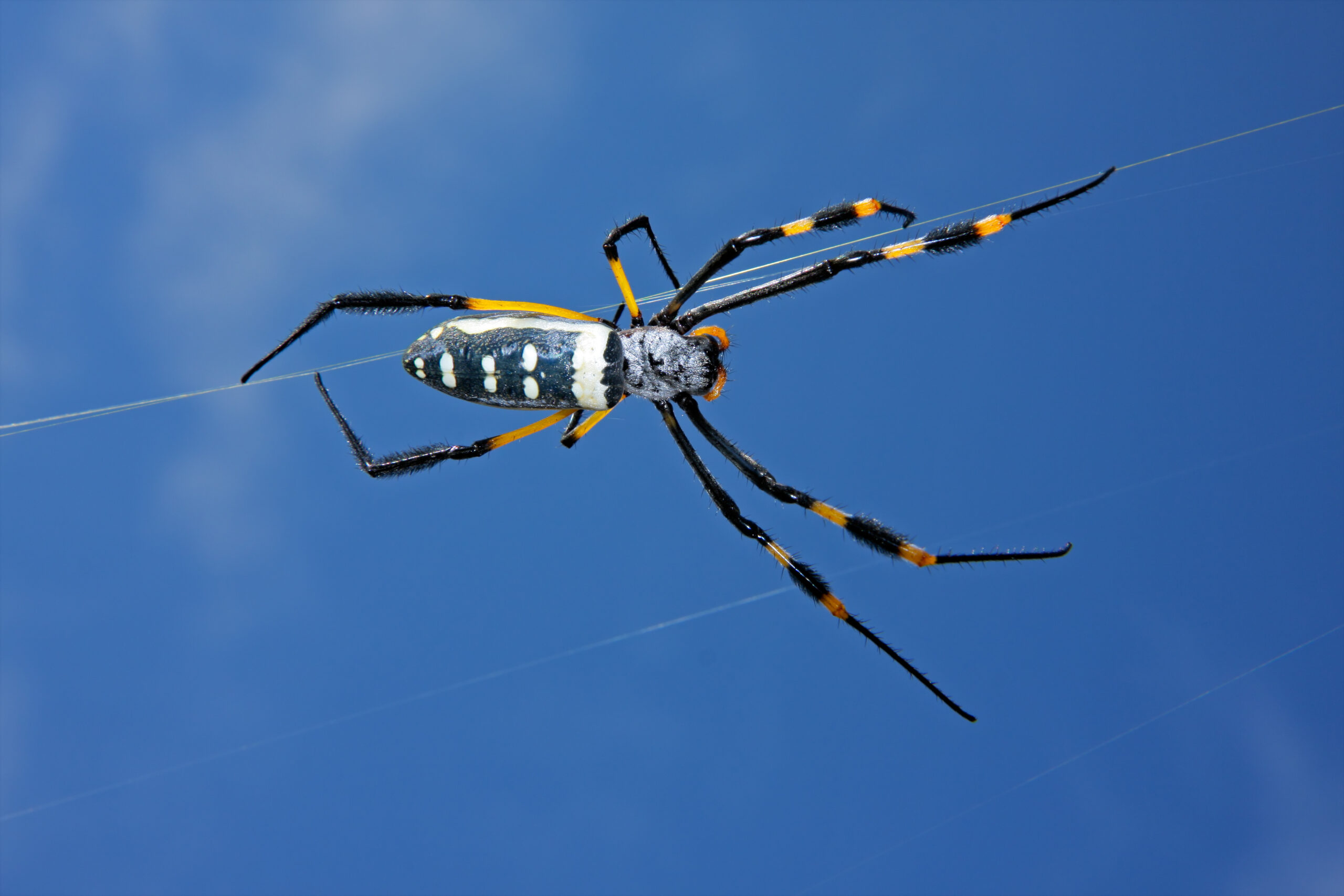Latest research animations
Self-assembly of spider silk
This gut microbe might protect against diabetes and reduce insulin resistance
NEW: One-way hydrogel guides motion of tiny worms!
Latest Posts
Social contact-seeking behavior and loneliness in the brain
New treatment assembles cancer drug inside the body
New lab-grown retinal sheets almost ready for clinical trials
The free-energy principle explains neural network behavior
How does gravity affect antimatter?
Super-thin wearable electronics just got more flexible
Cassava engineered to produce healthier tapioca starch
Diazoxide pills for Alzheimer’s disease?
Zebrafish imagine a danger-free future to avoid threats in virtual reality
Kleefstra syndrome in mice reversed after birth
A faster and more sensitive antibody test for COVID-19
Opossums are the first genome edited marsupials
Methylation mutation directly linked to autism
Melatonin in mice, circadian rhythms, and daily torpor
Why (mouse) mothers take risks to protect their infants
Dietary amino acid linked to cancer in flies
Cancer cells killed with artificial glycosylated metalloenzyme
H2AK119ub1: How you inherit acquired traits from your mom
COVID-19: Changing the way we do research
Telework: a societal game-changer
Decision-making during the COVID-19 pandemic
Confronting a string of epidemics including COVID-19
Next stop: clinical hair regeneration
Godzilla-sized zooplankton for better aquafarming
Electric rays to help us map the ocean floor
Bacterial drug resistance studied by robotic E. coli evolution
New artificial skin helps avoid animal testing
Social novelty in the brain: haven’t I seen you someplace before?
FABP4: A preschool-aged biomarker for autism
Microbial infections are a parasitic plant’s dream
Gut bacteria double team worsens symptoms of multiple sclerosis
Something smells fishy: categorizing odors in the brain
Photosynthetic bacteria spin spider silk for the masses
Blood cell mutations linked to leukemia are inevitable
Organic nitrogen in soil helps crop growth
Consciousness, brain connections, and the claustrum
A new imaging biomarker for the aging brain
Sphingolipid S1P: Potential new target for schizophrenia treatment
Staining that lights up whole organs and bodies
Predictive grid cells help self navigation in the brain
Dopamine reduces beta-amyloid plaques in Alzheimer’s disease
RIKEN discovers new T cells related to immune disorders
Will the “love hormone” ever be used to treat a rare genetic disease?
Purple biomass makes a good crop fertilizer
Atlas of the aging lipidome highlights kidneys and gut bacteria
Root growth improved in soil contaminated with cesium
Japanese people are a mixture of three separate ancestral groups
Space Café Tokyo explains sus sci-fi media
Dec
6

Scientists develop new and improved quantum gates
High-fidelity, low error quantum gates allow more reliable and accurate quantum computations, making the future of quantum computers more promising.
Dec
5

Nanopores in deep-sea hydrothermal vents and the origin of life
“Naturally occurring selective nanopore ion channels in deep-sea hydrothermal vents are similar to ion channels found in cells and could help explain the origin of life.
Dec
4

Albumin drops medicine off at cancer site then leaves the body
By changing albumin’s identity, drugs can carried to their targets and then removed from the body after being used.
Oct
16

Protein antigens in meat, milk, and other foods suppress gut tumors
Food antigens were found to prevent small intestinal tumors in gut-tumor prone mice by making ensuring we have enough T cells for defense.
Oct
2

Stem cell exhaustion and proliferation: An aging fly’s tale
Blocking the gene ced-6 led to stem cell exhaustion in aging fruit flies and prevented repair of damaged intestines.
Aug
30

Chromosome copying errors pinpointed in developing embryos
The DNA duplication process changes during embryogenesis and chromosome copying errors increase during the transition.
















































